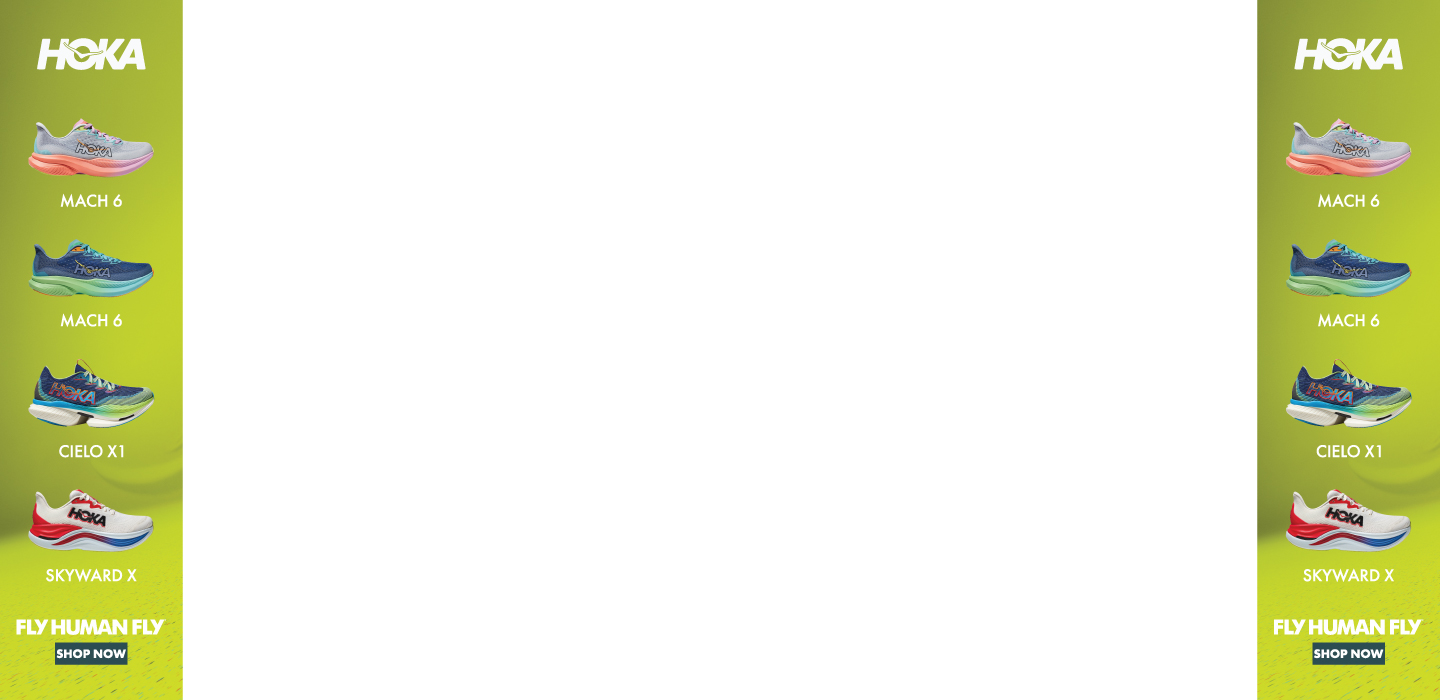Newbies: Here’s How to Keep Yourself From Running Too Fast
If you’re not progressing as you’d like, you’re probably working too hard.
A common frustration for beginning runners is getting stuck. You can’t get past a certain distance, or you’re not getting faster, or all of your runs just feel hard. Or maybe all three! After a while, you wonder how other runners can talk about how much they love an easy hour run or a satisfyingly challenging 10K.
If that’s you, the solution is usually to slow down, as counterintuitive as that might seem. “For me, it’s number one,” Greg McMillan, founder of the popular coaching site McMillan Running, says about where running too fast ranks among causes of new runners’ lack of progress. Here’s expert advice on why this aspect of being a new runner is so common, and how to get past it.
Why New Runners Start Too Fast
As McMillan notes, the very beginning of a running program is difficult for nearly everyone.
The most common way this running-should-be-painful approach manifests itself is by starting runs too quickly. Doing so leads to slowing over the course of the run or having to dig deep just to hold your pace. Neither is a pleasant experience, and neither is likely to lead to being able to run farther. Running too hard all the time is also a leading cause of injury in new runners, according to McMillan.
This isn’t how experienced runners do things. “They use the first few minutes of the run to let the body warm and prepare for the effort ahead, rather than forcing it into a surprise sprint,” says Julia Lucas, a former professional runner and a current coach to athletes of all experience levels in New York City. “They look at every run as an opportunity to reinforce what they want to do in races, which is to hold back at the start, hold steady in the middle, and then really let it rip with the finish line in sight.”
Beginning runners have made the start-too-fast mistake for decades. Lucas and McMillan agree that it’s even more common now, because of over-relying on data from smart watches.
“Your body doesn’t know what a kilometre is, or what pace you’re running,” Lucas says. “It’s not going to improve in direct correspondence with a watch.”
Striving to hit arbitrary pace goals is common even among experienced runners, but at least they tend to have a good idea of their normal pace ranges. New runners don’t have that backlog to draw on. So telling yourself something like “anything slower than 6.55 per kilometre means I need to go faster” is even less useful in this situation.
The same is true for running based on heart rate. New runners are unlikely to know their max heart rate, and therefore can’t properly set target zones for different intensity levels. (The 220-minus-your-age formula for calculating max heart rate has long been debunked.)
“For new runners, pace and heart rate and power are all secondary, post-run metrics,” McMillan says. “Effort/breathing is the best metric for new runners to use. After the run, they can correlate the effort/breathing to pace/heart-rate/power. In other words, let the body/mind drive the run instead of pace/heart-rate/power.”
Build Running Consistency
Running legend Grete Waitz, who won the New York City Marathon nine times, said the key to long-term success is to hurry slowly. That is, strike a balance between urgency and not overextending yourself, whether that’s in a day, a week, a month, a year, or a decade.
For new runners, hurrying slowly best means to be consistent in getting out to run, while not running too hard when you do get out there. “Your body is a series of systems, the foundation of which is the aerobic system,” Lucas says. “You will only reach your running potential if you take the time to develop a strong aerobic system, which means running long, slow kilometres. It might not feel like you’re working hard, but those fully aerobic miles will build you into an athlete who is strong enough to work harder.”
McMillan advises running by perceived exertion. In contrast to measures like pace and heart rate, perceived exertion is something everyone can make sense of and base their pacing on. On a scale of 1 to 10, with 1 being very light exertion and 10 being maximum exertion, start at the lowest end. As you warm up, it’s okay to work a little harder, but still stay at the lower to medium range of the scale. You should be able to speak in at least short sentences. “If you ever feel your breathing ramp up beyond a comfortable rhythm, then you’re running too fast,” McMillan says.
As a new runner, the best way to get fitter is to run more, not to run faster. And that means running gently enough to be able to extend the length of your typical runs. “When in doubt, run slower,” Lucas says.
READ MORE ON: beginner runner new runners newbies pace



